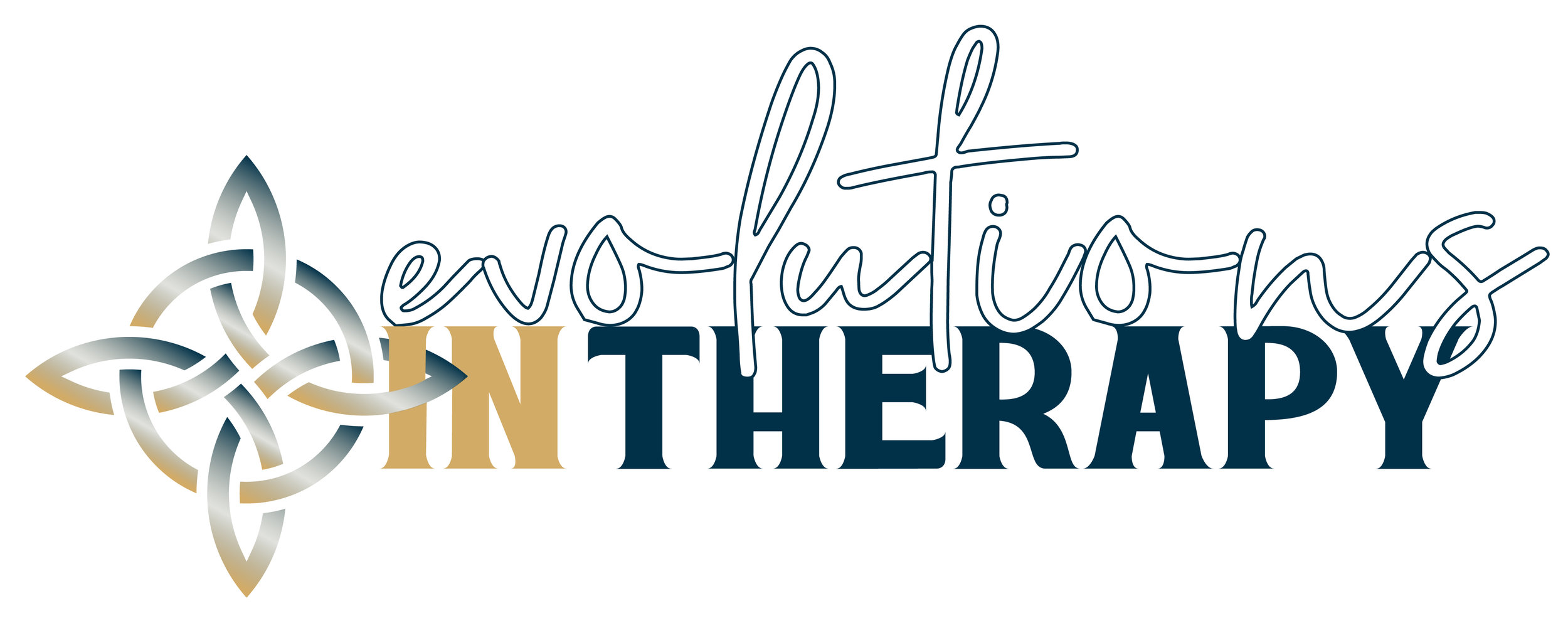Different Therapies, Part 1
Therapies For Today’s Problems
Hello Friends,
Today’s world is difficult for different reasons than in the past. Due to social media, people with internet enabled devises are bombarded daily with multiple popup “news” stories, problems in their communities, cities, and the country at large. Violence seems to be constantly on the rise, the polarization of opposite political and religious views have become antagonistic instead of simply different. No wonder, especially coming out of such a long battle with Covid, folks are experiencing more anxiety, depression, fear, frustration, and anger.
Keep in mind that you will be reading my viewpoints. I have tried diligently to be as objective as possible, but I promise you my opinions will come through.
Therapy is a safe haven in a chaotic world. I have often heard people say, “I tried therapy, it didn’t work.” Please, if this is you, don’t give up. There are so many types and styles of therapy. Different situations and different people call for different therapies. I started with career counseling. Even though I felt sure I knew what I wanted to do, it helped me get a roadmap, and support, for achieving what I wanted. It involves testing, histories, and sessions with a counselor to discuss the test results.
Pastoral counseling is a very helpful form of therapy for a variety of spiritual difficulties that also includes pre-marital counseling – a form of solving problems before they arise. Pastoral counseling helps with sorting out emotional problems related to a spiritual difficulty. Spiritual Leaders are trained as counselors and can be very comforting as well as informative.
Cognitive Behavioral Therapy (CBT) is a fairly popular form of therapy that suggests there is some cognitive distortion that is creating problems for individuals and couples. This is often used with negative behavior problems which is related to a form of thinking disorder. Plans for new ways of thinking and behaving are set between therapist and client, homework is often involved and, although a history is taken into consideration, it is mostly working with the present forward. CBT is very useful in addiction treatment as it’s very concrete way of working helps with taking small steps towards a goal of becoming and remaining abstinent.
Emotion Focused Individual and Couple Therapy (EFCT and EFT)is a form of therapy with the idea that ongoing emotional and behavioral problems are not related to a thinking disorder but hidden emotional material. The book, Hold Me Tight by Susan Johnson has helped many couples who then decide to find an EFT trained therapist with whom to continue the couple work. Sessions are often conducted over a shorter period of time than CBT. However, combined with a couple or an individual within the couple dyad who has trauma, the therapy may be longer. It begins with deescalating high emotions, identifying a pattern and going from there. This form of therapy examines and helps strengthen the attachment bonds that may have been harmed.
Sensorimotor Psychotherapy, made popular by the talents, trainings, and books by Janina Fisher, is a gentle way of processing past traumatic experiences that live and act out in the body. She has made famous the term, “window of tolerance” which helps clients to move from hyper and hypo arousal into an area in which they are able to tolerate their emotions and can then deal with what is happening that is causing them distress.
These are a few of the many types of therapies available. I will continue to discuss this next week, but the most important part of therapy is the relationship between the client and the therapist. It is a very powerful partnership, and we will discuss how to choose a therapist next week.
I invite anyone with a particular form of therapy or someone who has been a client of a therapy not discussed to message me.
